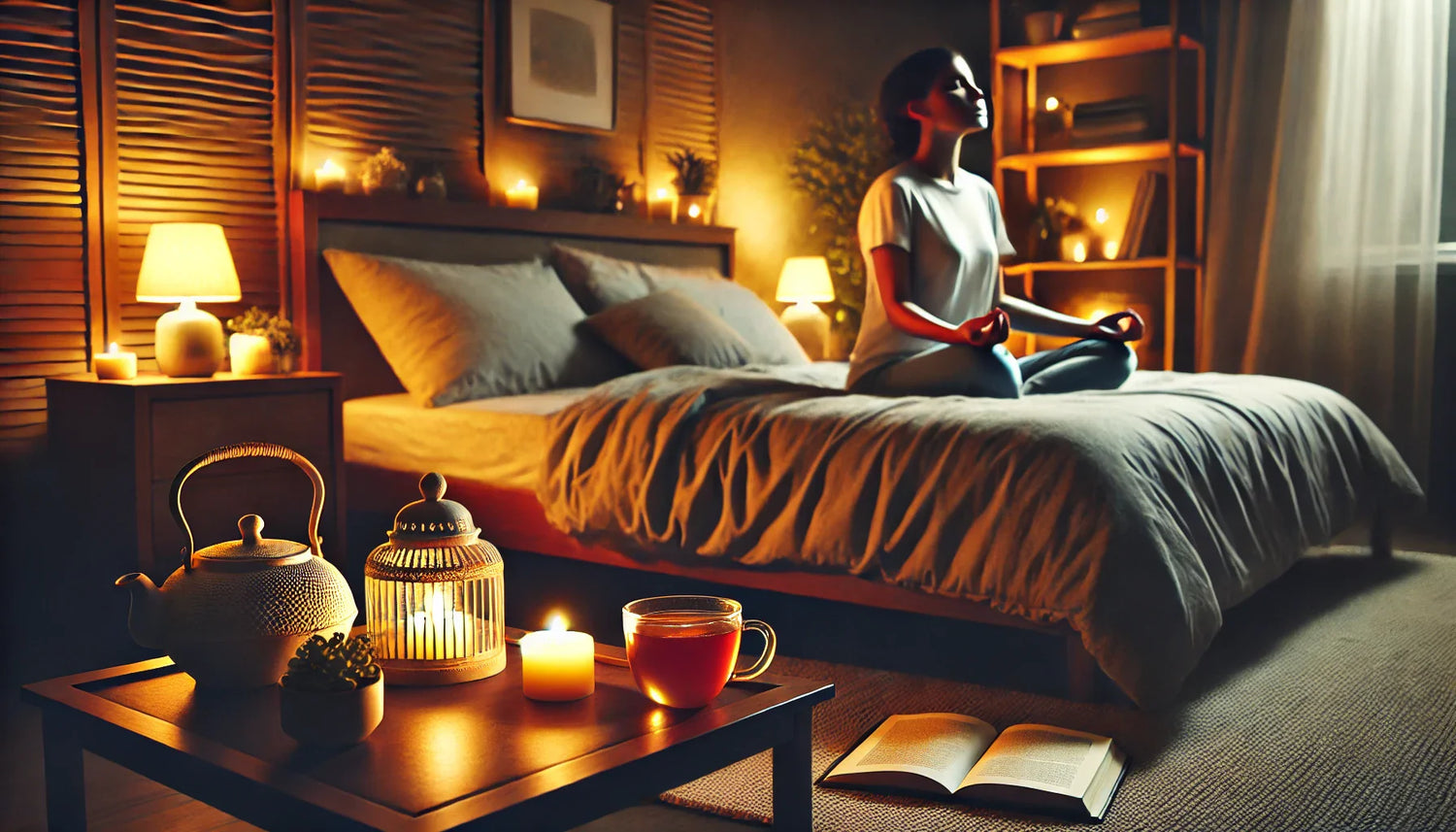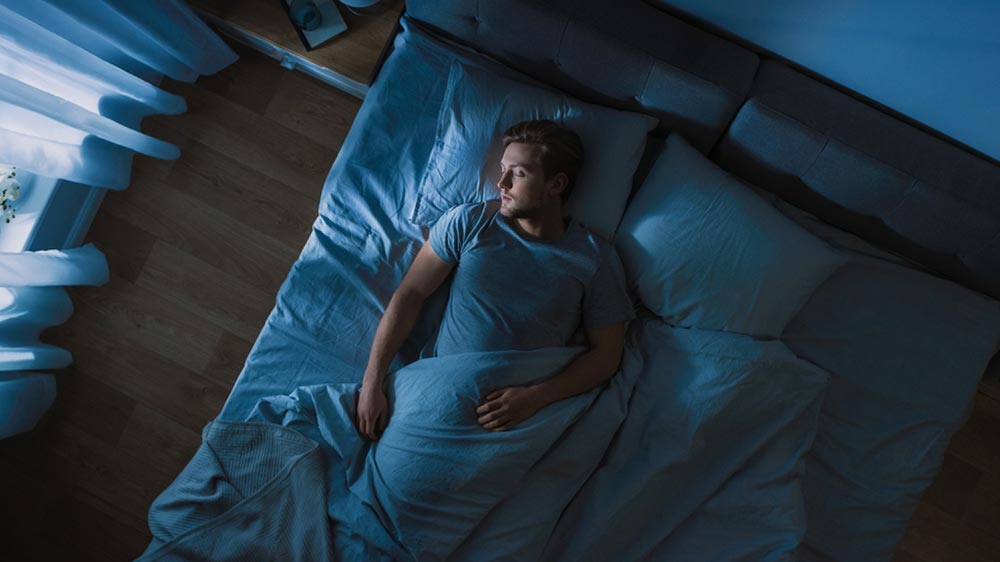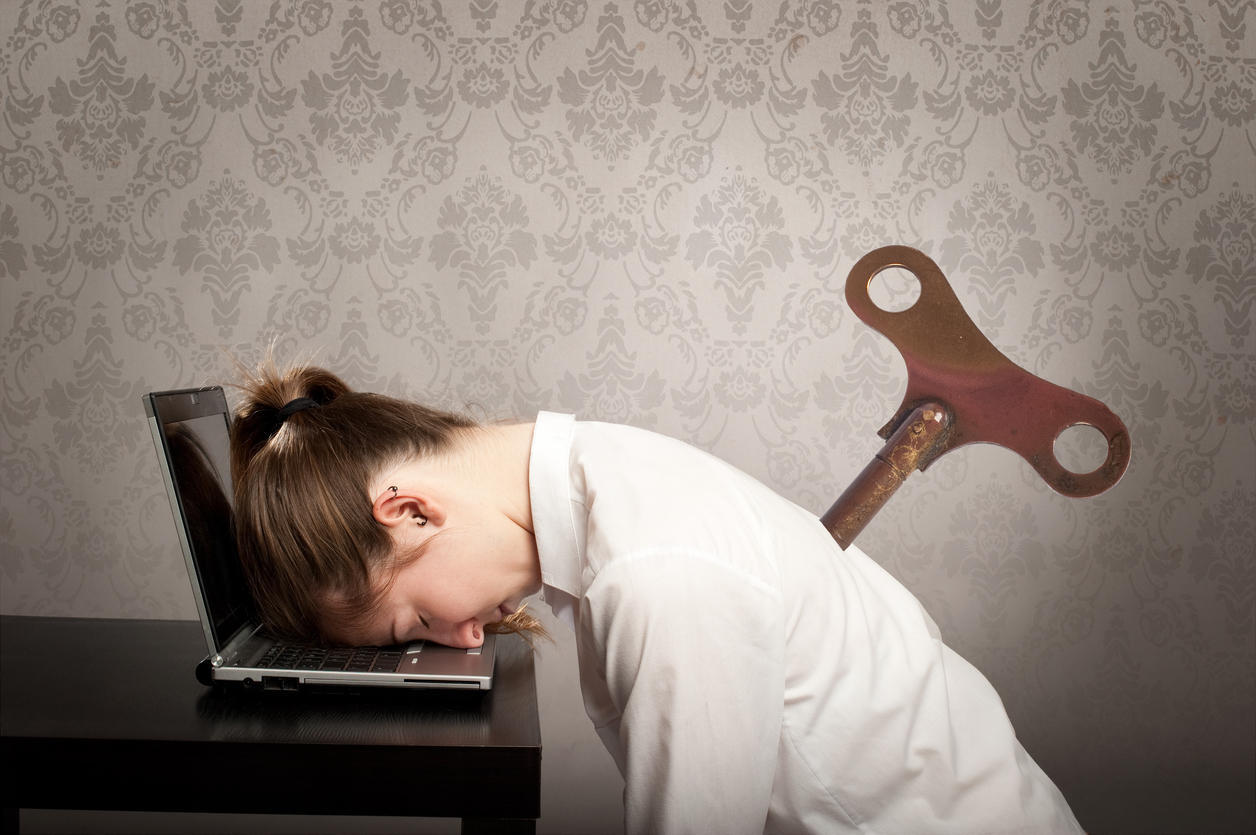Our sleep is precious but fragile. Annoyances, a noisy environment, overactivity of the brain and falling asleep can then become the ordeal of the combatant. How do you sleep when you can't? Our explanations and recommendations in this article!
Part 1: Sleep Reminders
Sleep allows our body and our brain to recharge their batteries, it is an invaluable health factor. Here are some reminders about our sleep:
1.1 | Sleep cycles
Our sleep is broken down into different phases which follow one another in 90-minute cycles:
• Light slow-wave sleep : this is the phase of falling asleep where alertness is still present and where you can wake up easily
• Deep slow-wave sleep where it becomes difficult to wake up
• Paradoxical sleep where we dream is a period of light sleep which precedes awakening in particular.
These cycles of approximately 90 minutes will repeat throughout the night. The first cycles of the night will be more heavily loaded with deep slow-wave sleep and the end of the night with paradoxical sleep.
1.2 | Sleep Chemistry
Falling asleep is regulated by the sleep hormone: melatonin.
This substance is produced by the pituitary gland in the brain after “night” messages carried by the optic nerve which detects darkness and triggers the information to sleep.
Melatonin is made from serotonin , a neurotransmitter that also regulates our mood. Serotonin is itself made from an amino acid L-Tryptophan , provided by the proteins in our diet.
Melatonin is secreted between 10 p.m. and 7 a.m.
In morning people , people who go to bed and get up early naturally, it is secreted early in the evening.
In evening subjects , who are unable to go to bed early and are fond of sleeping in, the secretion will be produced later, hence falling asleep more complicated at the start of the night.
1.3 | Sleep needs
Our sleep needs are essential to respect for good overall health. They vary from person to person but a minimum of 7 to 9 hours per night is recommended for adults.
A few reminders about recommended sleep durations based on age:
• Babies: between 12 and 17 hours per day
• Children: 11 to 12 hours per day
• Teenagers: 10 hours per day
• Adults: 7 to 9 hours per day
• Seniors: 7 to 8 hours per day
These needs can be undermined in the event of more intense stress and if sleep cycles are disrupted. Sleep architecture becomes disrupted and difficulty falling asleep appears. We turn in bed, we count the sheep but nothing happens.
Part 2: How to sleep when you can't?
If we understand that sleep is an important health factor, how can we sleep when we can't do it?

2.1 | Adopt a routine for falling asleep:
The brain likes regularity, routines to get on the path to falling asleep.
Adopting a bedtime routine makes it easier to fall asleep.
It is important to sleep well when you cannot do so to respect these rules as much as possible:

• Keep the bedroom only for sleeping or intimate relationships. Do not watch television, your phone or your laptop. Bed should mean sleep!
• Reduction of light sources: a bedroom plunged into darkness, dimmed lights before bedtime, no sources of blue light such as computer or telephone screens which will overactivate the optic nerve and delay the secretion of melatonin.
• Freshness and calm: a temperature of 19 degrees is recommended for good sleep and as little noise pollution as possible.
• Try to keep regular bedtimes and getting up times.
• Go to bed at the first signs of fatigue: yawning, eye fatigue.
• Getting up in case of insomnia : do not stay in bed if sleep does not come, get up, take a few steps, change rooms, drink a glass of water before going back to bed.

2.2 | Food - Sport
A light dinner will make it easier to fall asleep. Avoid heavy, fatty or sugary and indigestible foods such as ultra-processed foods or fried foods.
Respect an interval of 2 hours between dinner and bedtime , which will allow digestion to take place before falling asleep.
Concerning sports sessions, they should be away from bedtime, especially for intense sports. Avoid practicing sports after 6 p.m., because even if physical exercise triggers the secretion of endorphins, it also increases body temperature and the secretion of cortisol which is the antagonist of melatonin.

2.3 | Breathe
For those who have difficulty falling asleep or sleep disorders (waking up during the night, nightmares, etc.) cardiac coherence is a free, simple and effective breathing exercise in 5 minutes. These are successions of slow inhalations and exhalations which will align the heartbeat with our respiratory movements. Appeasement guaranteed!
For those most resistant to falling asleep peacefully, meditation allows the most cluttered minds to let go.
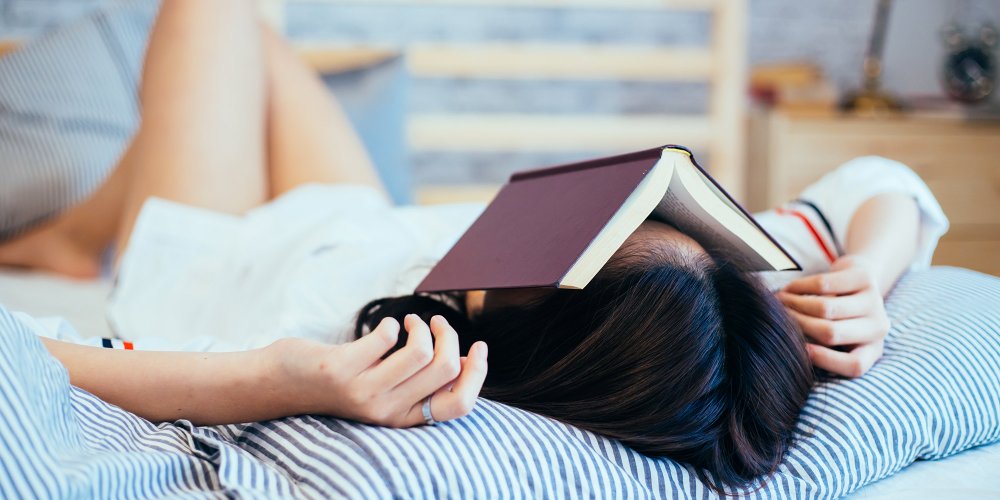
2.4 | Reading - Podcasts
Reading a few lines from a good book before going to sleep helps soothe the mind. The nights are not the same. Adopting a reading ritual can
require effort at first but will quickly become a “must” for sleeping well.
Listening to a podcast can also be a resource for insomniacs. Listening does not stimulate the eyes or block melatonin secretion.
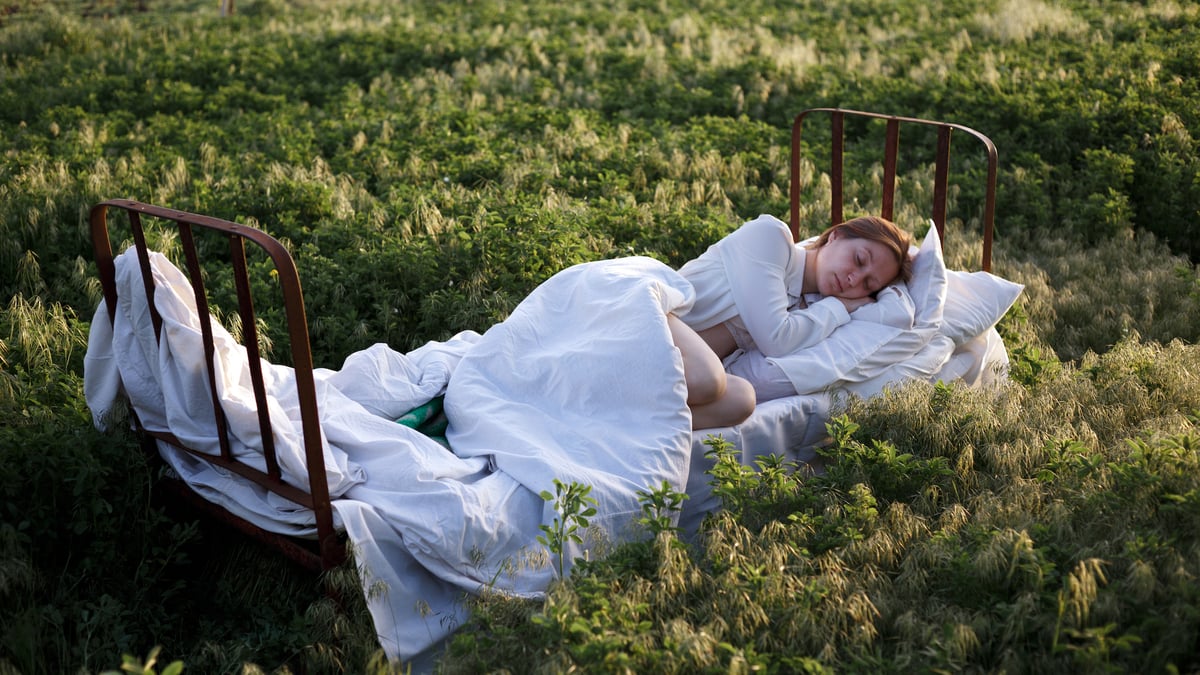
2.5 | Natural tips when you can't sleep:
Finally, here are our natural tips for those who can't sleep:
• Drinking herbal tea with sedative plants can help you fall asleep more peacefully
• Have a good magnesium level. Magnesium deficiencies potentiate sleep disorders
• Have a good level of vitamin D, especially in autumn, winter and early spring when the light is not sufficient for satisfactory synthesis. Vitamin D deficiencies will strongly impact our sleep and falling asleep

• Plants traditionally used in cases of sleep problems such as valerian, escholtzia or Californian poppy, passionflower are allies for quality sleep
• Melatonin as a food supplement for occasional use if falling asleep becomes a problem
As you will have understood, sleep is multifactorial and deserves all our attention to maintain restful nights. If your sleep problems persist, if you have been suffering from nocturnal awakenings for a long time, if sleep debt is handicapping you in your life, it is time to consult a health professional to discuss it.
Discover our anti-stress supplements
Sleep Cure
- Regular price
-
€34,80 - Regular price
-
- Sale price
-
€34,80
Tax included.
Shipping calculated at checkout.





